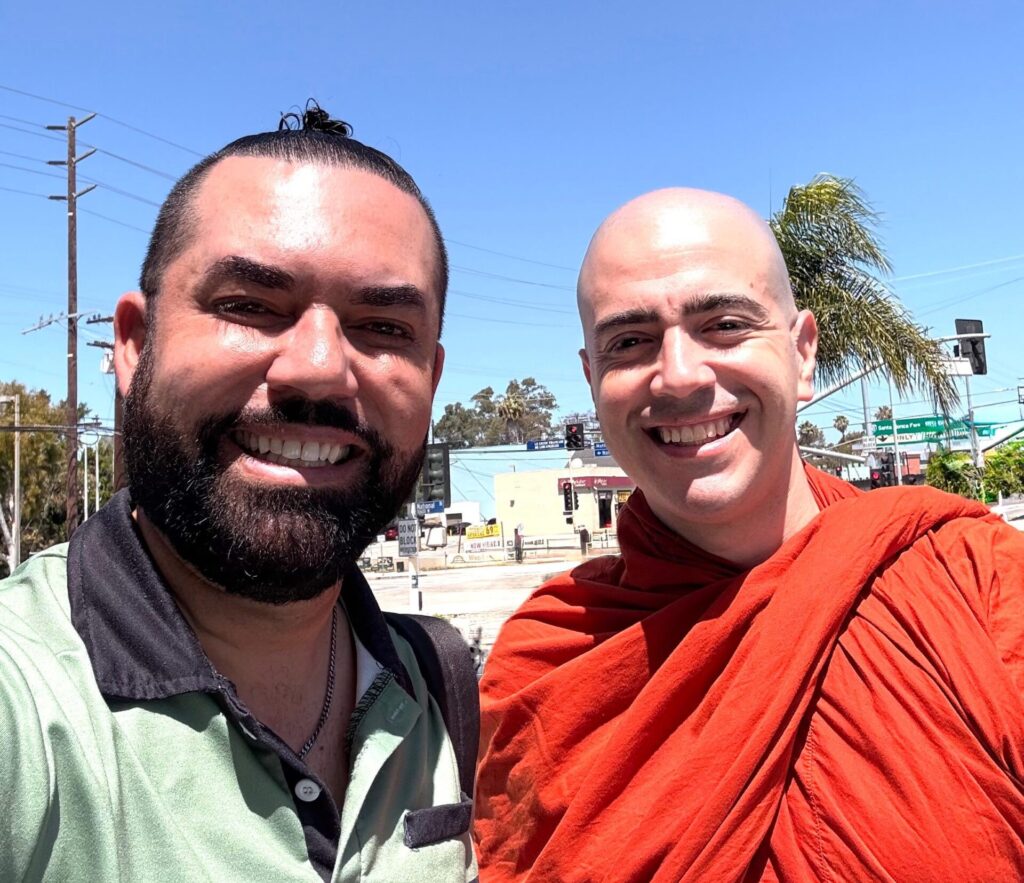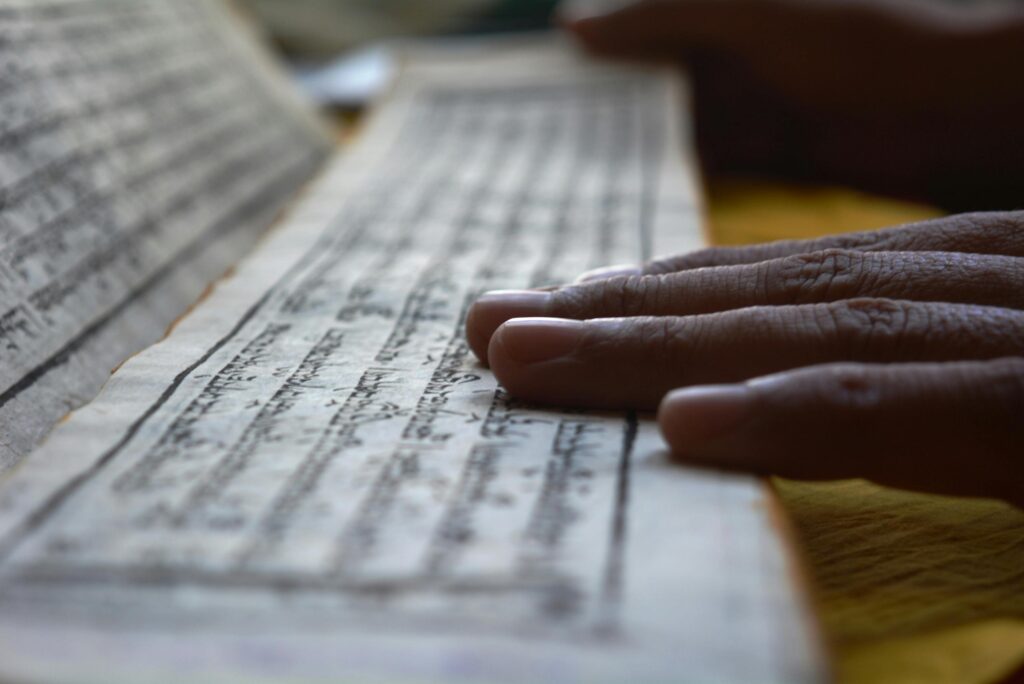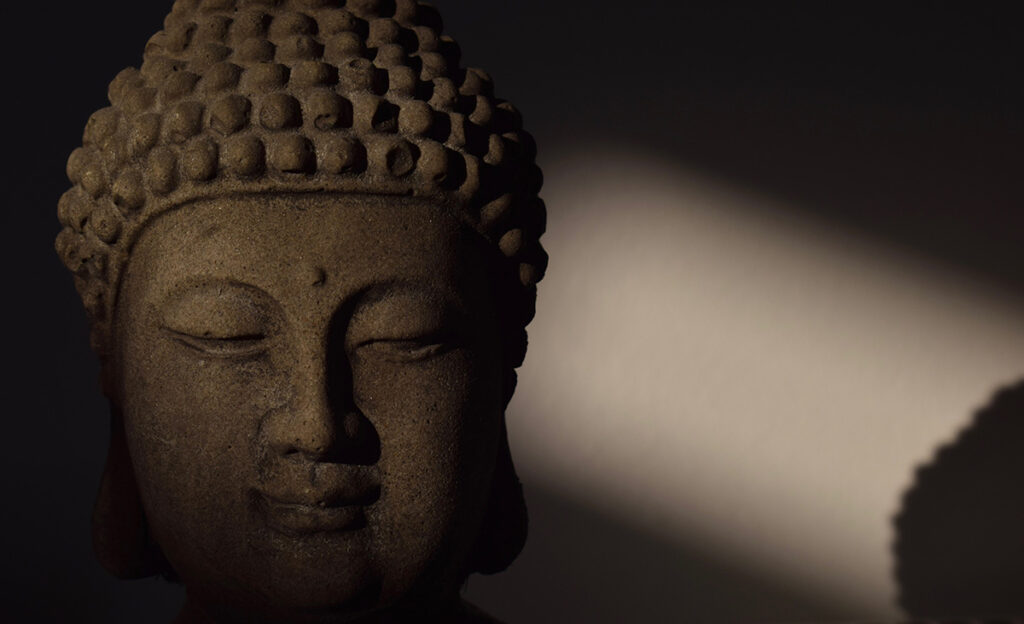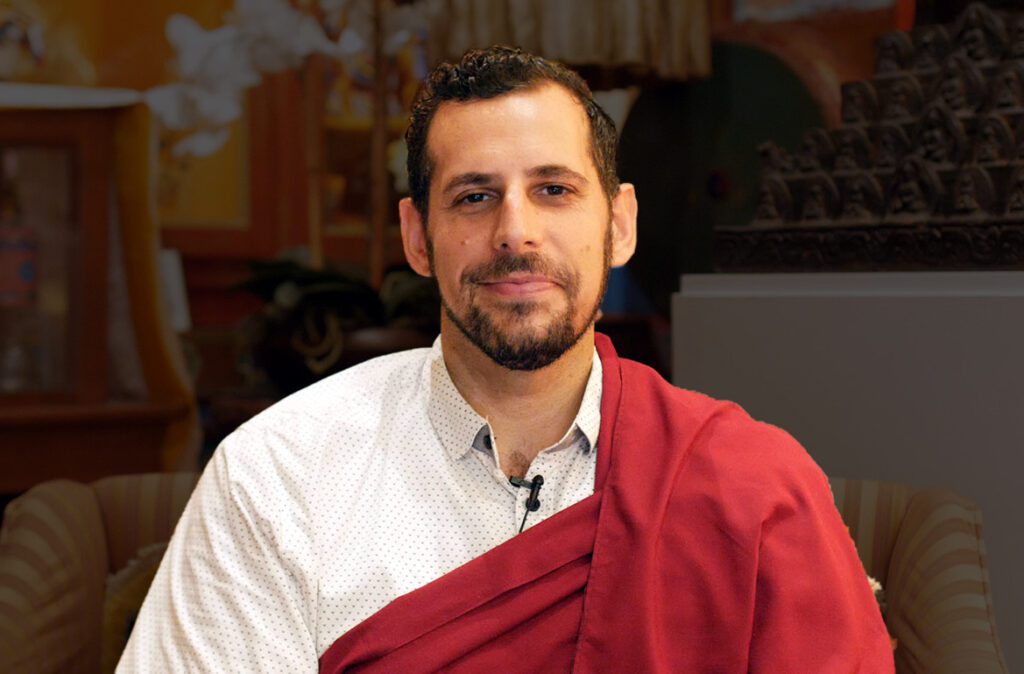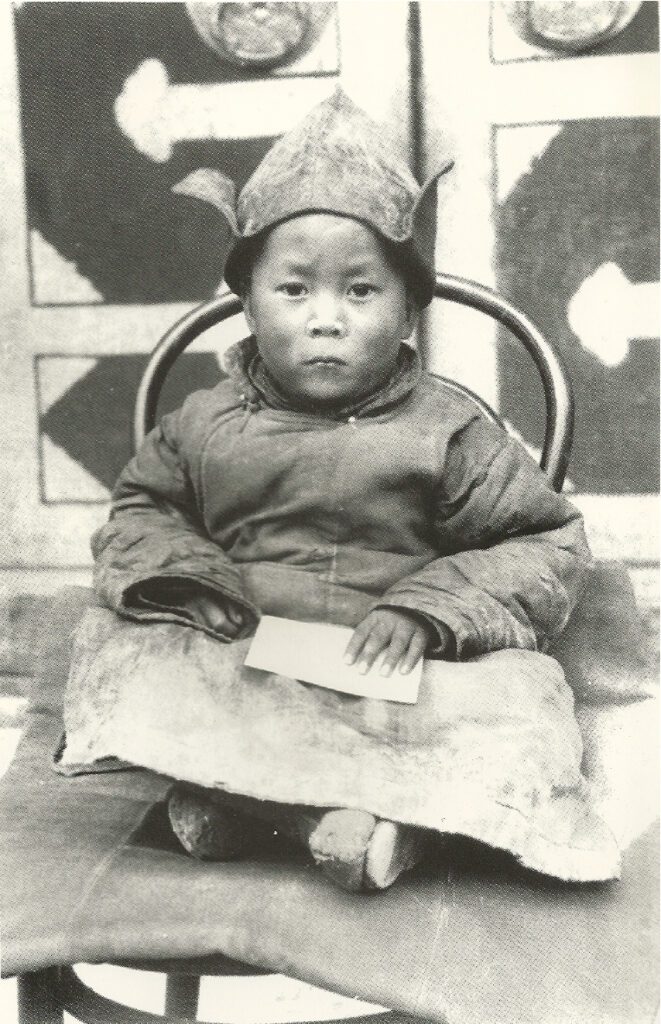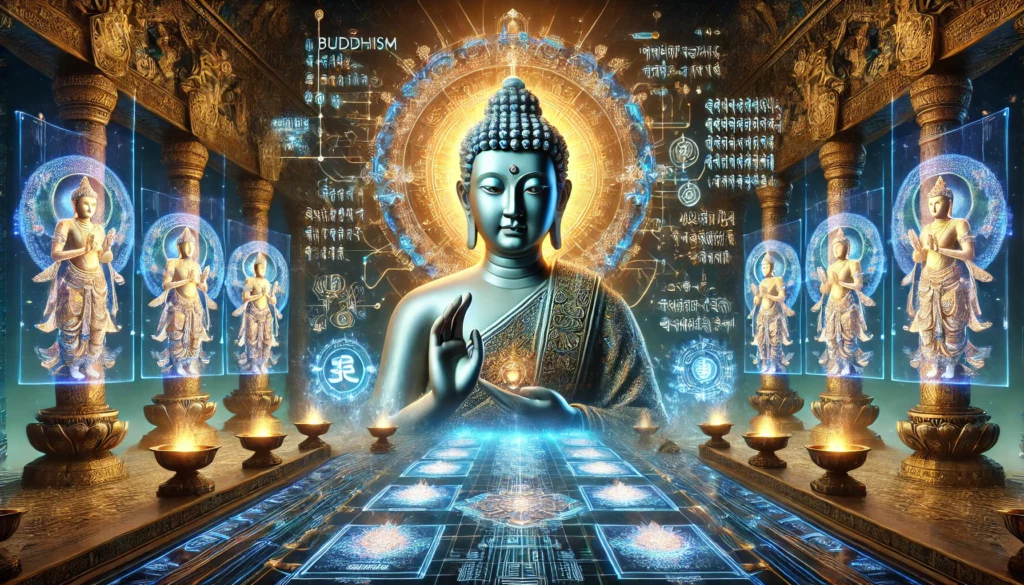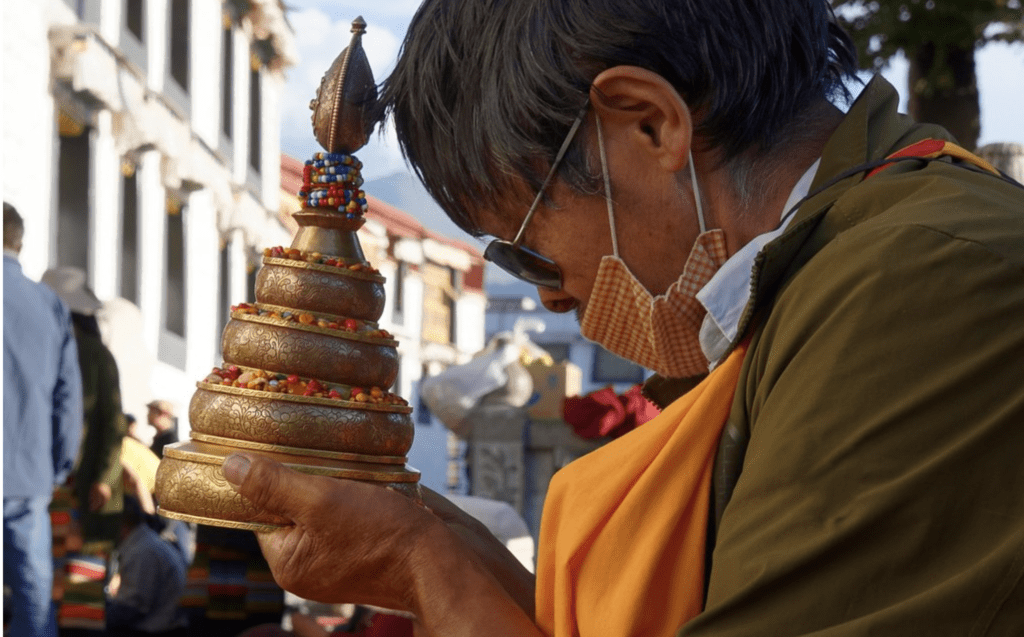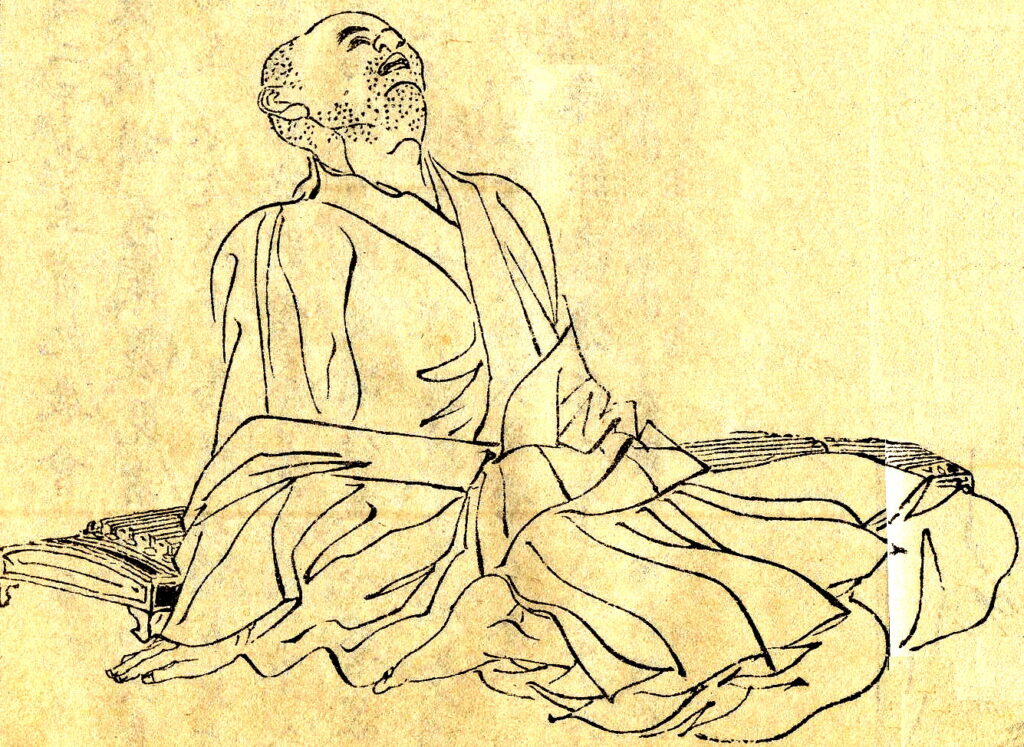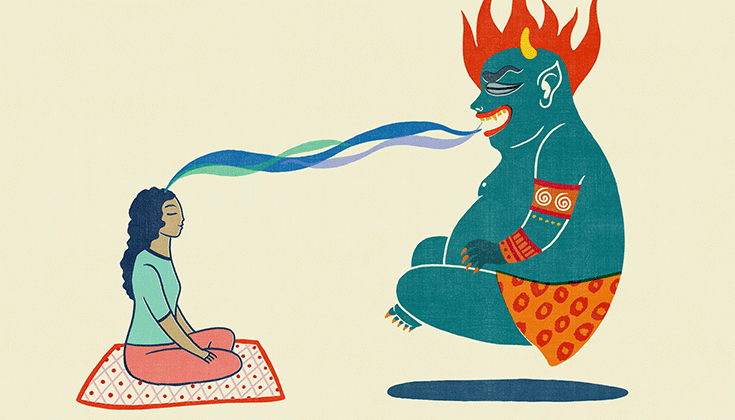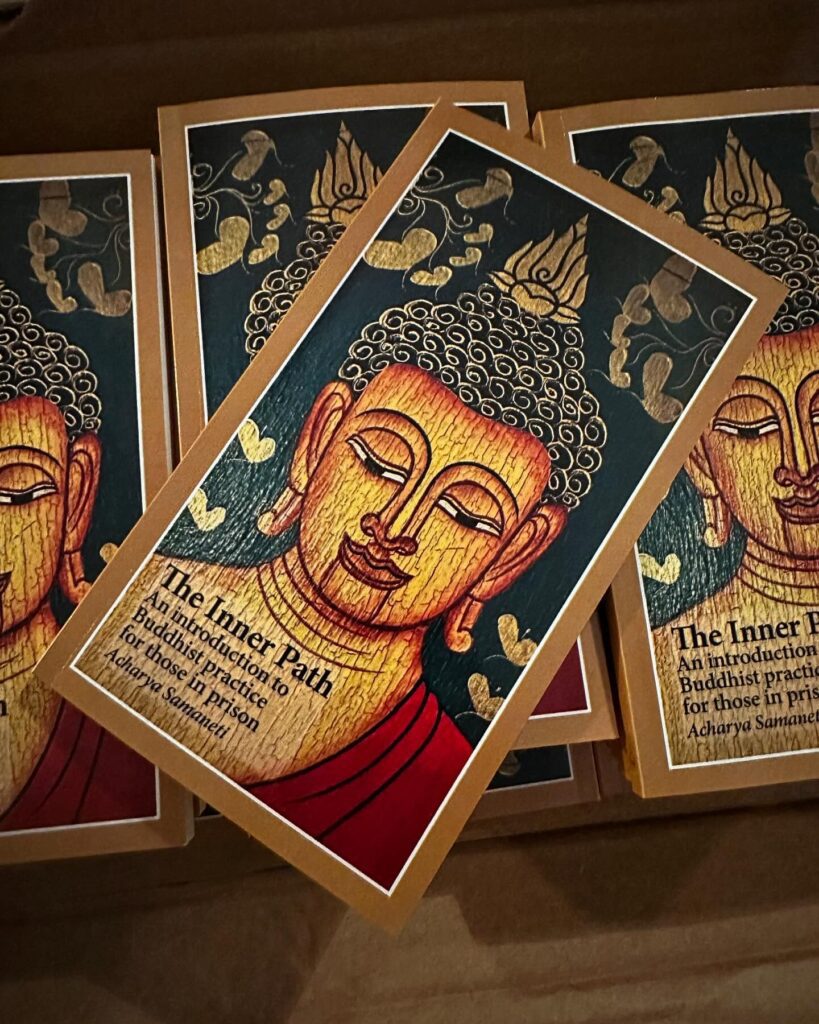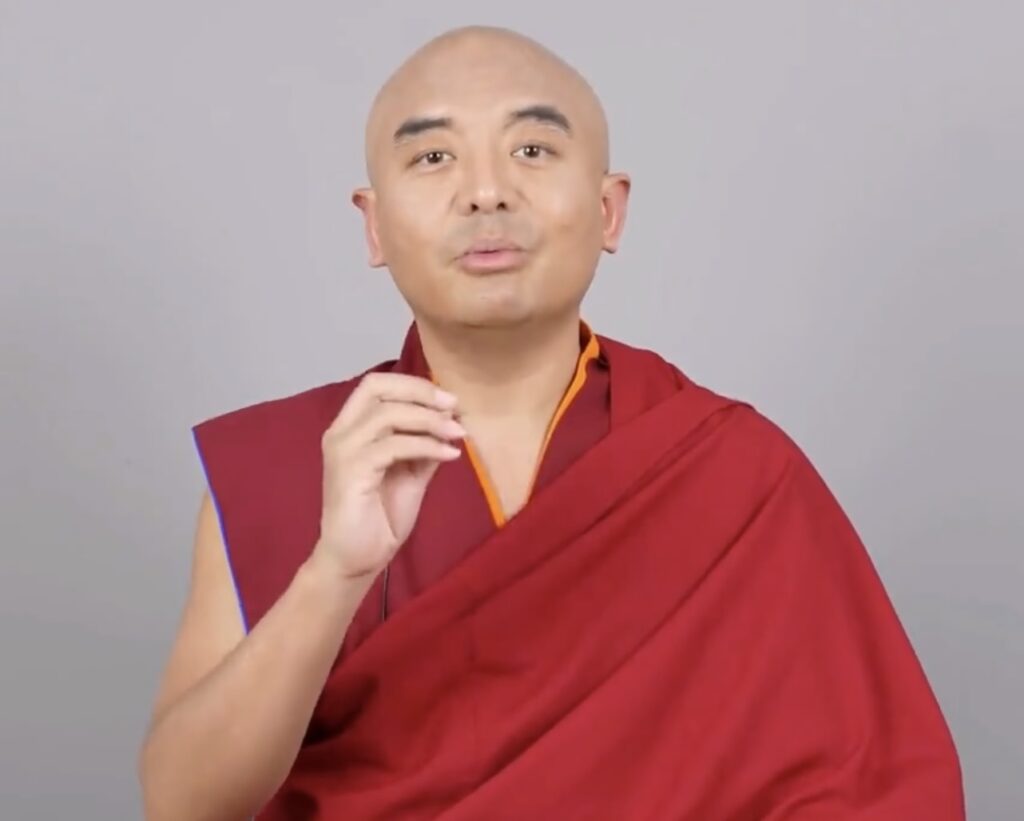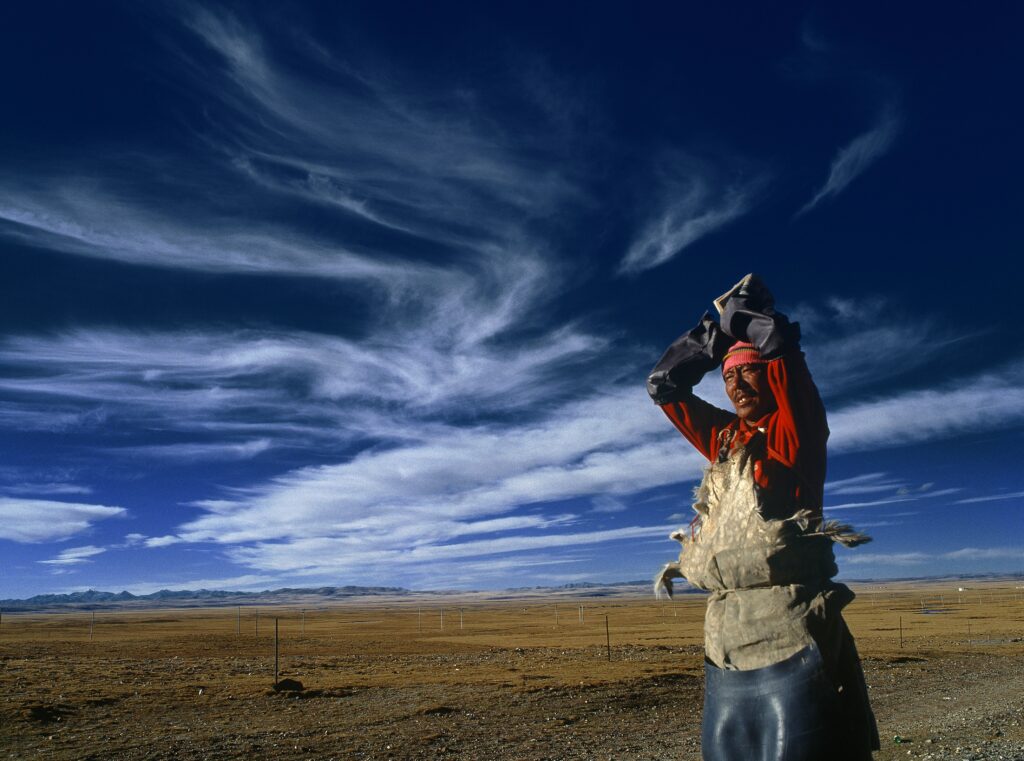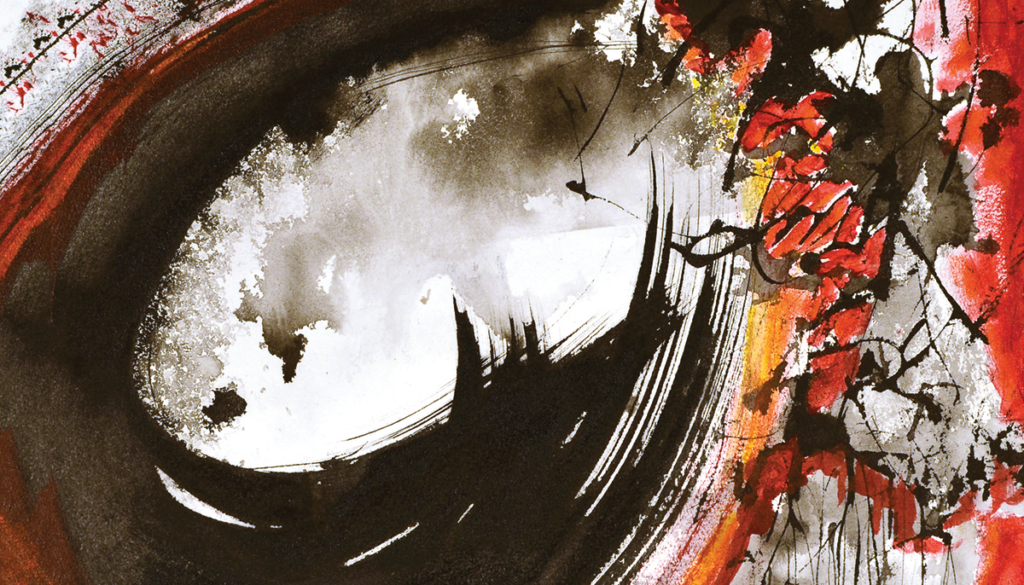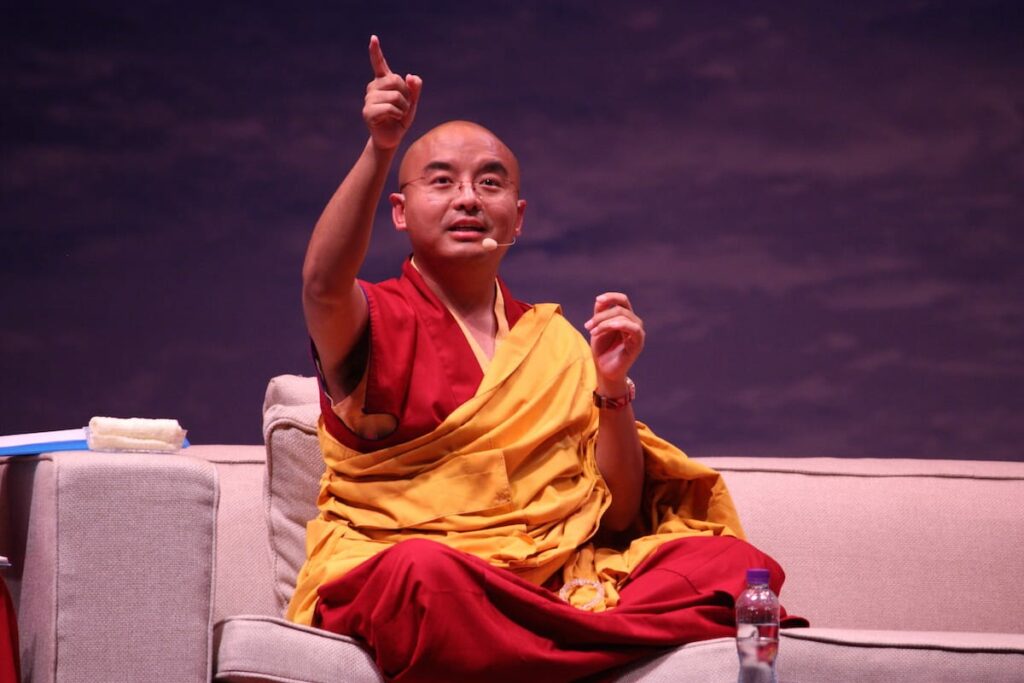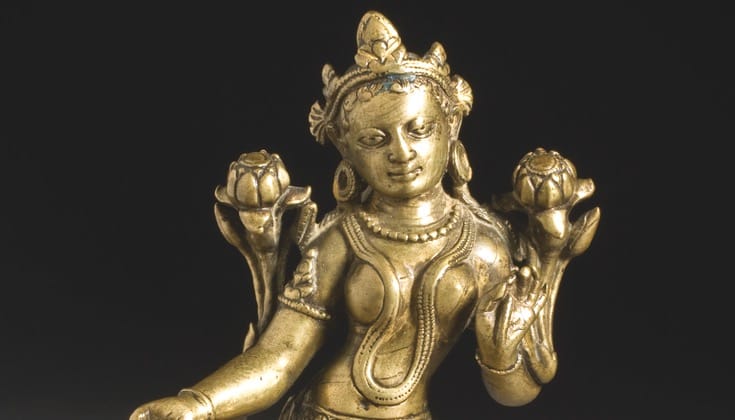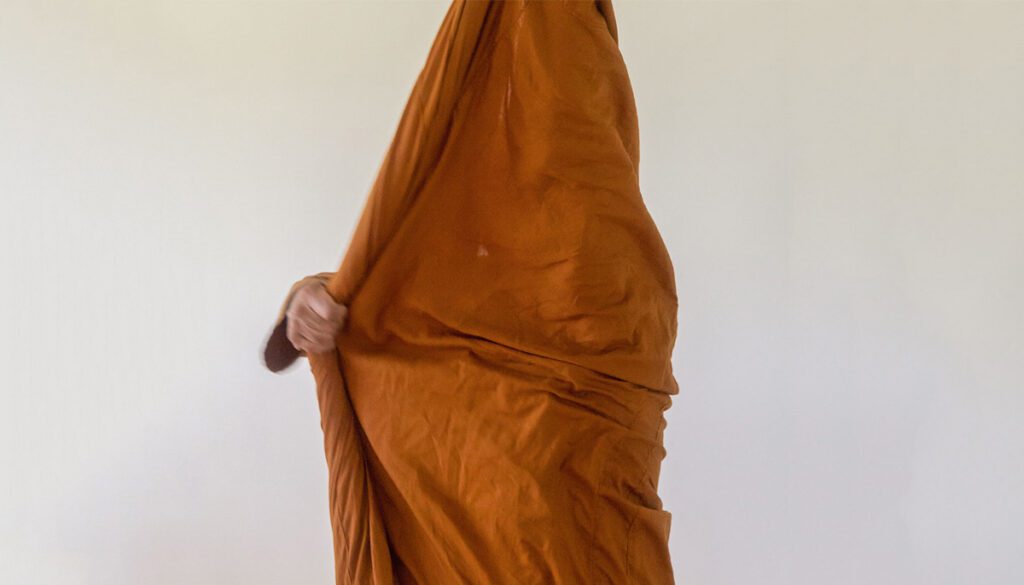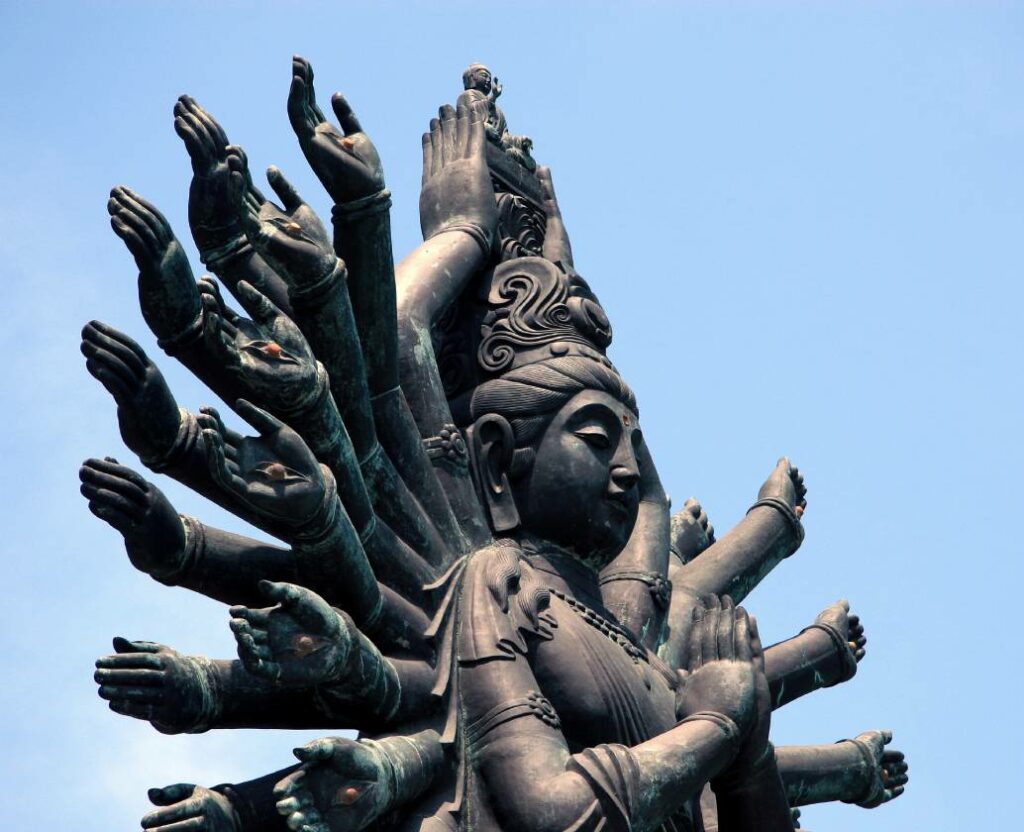Category: Practice
Not a Compromise —Bridging Latinx Culture and Dharma
Sanathavihari Bhikkhu and Carlo Carranza speak with Buddhadharma’s Mariana Restrepo about the evolving presence of Buddhism in Latinx communities, exploring the unique intersections of culture, language, and lineage in sharing the dharma.
What should you do when a dharma book is no longer needed?
Theravada monk Bhante Sanathavihari, Siddhartha’s Intent instructor Arne Schelling, and Briana Quick, editor at Wisdom Publications, explain how you might best care for, and dispose of, your Buddhist texts and other materials.
Buddhism’s “Five Remembrances” Are Wake-Up Calls for Us All
Perfectly clear, compassionate, and concise, the "Five Remembrances" are Buddhism at its very best. Koun Franz explains.
Scott Tusa on Pilgrimage, Parenting, and Practice in Nepal
Mariana Restrepo, deputy editor of Buddhadharma, speaks with dharma teacher Scott Tusa while on pilgrimage in Nepal, reflecting on the intersections of practice, pilgrimage, and parenting—from shared monastic roots to the realities of everyday life.
How the Tibetan Tulku System of Reincarnation Works
Carlo Carranza on how this method for recognizing reincarnated lamas ensures the continuity of wisdom and leadership in Tibetan Buddhism.
Exploring the Four Elements in the Body
In this new video — part of an ongoing teaching series on Mingyur Rinpoche’s text Stainless Prajña: Stages of Meditation on the Treasury of Abhidharma — Rinpoche guides us to reflect on The Four Elements in the Body, exploring how these elements manifest within ourselves. This is followed by a short reflection by Tsunma Kunsang Palmo.
Where Concentration and Insight Meet
Yongey Mingyur Rinpoche guides us on a short meditation on the nature of breath. Also included is a helpful reflection on how we can use the breath to understand the nature of impermanence by Edwin Kelley.
Exploring AI and Buddhism: A Conversation with Khyentse Vision Project
Buddhadharma's Mariana Restrepo interviewed KVP's Dolma Gunther, Casey Forgues, and Zack Beer about AI's impact on Buddhism and its significance for translators and practitioners.
How Buddhist Mandala Offering Practice Works – And Why
Mandala offering, an integral part of the foundation, or ngöndro, practices of Tibetan Vajrayana Buddhism, allows us to harness positive karmic forces through relentless generosity. Loppon Yudron Wangmo explains how these practices help create favorable conditions for spiritual growth and removes obstacles on the path to awakening.
The Sorrow of Life is Fuel for Our Awakening
Inspired by the life and poetry of Kamo no Chōmei (1155-1216), Zen Buddhist practitioner David Chang explores the value of cultivating inner stillness while also bearing witness in times of crisis and upheaval.
How to Feed Your Demons
Lama Tsultrim Allione teaches you an innovative technique, based on the Tibetan Buddhist principles of "Chöd," to turn your inner demons into friends.
Read “How To Build an Altar in a Cell” from The Inner Path: An Introduction to Buddhist Practice for Those in Prison
Learn about the origins and motivation behind Acharya Samaneti's new dharma book for the incarcerated, read an excerpt, and find ways that you can help support efforts to get books to prisoners.
Watch: Mingyur Rinpoche teaches on Mindfulness of the Body
Yongey Mingyur Rinpoche teaches us what it means to bring our mind and body into the present moment. Also included is a helpful reflection on the subject from Edwin Kelley.
Understanding the Ngöndro, or the Preliminary Practices of Tibetan Buddhism
Carlo Carranza on how the Ngöndro — the preliminary practices of Tibetan Buddhism — functions as a roadmap to enlightenment, giving us step-by-step instructions for our journey to liberation.
Don’t Let Hatred Destroy Your Practice
His Holiness the Dalai Lama takes an in-depth look at how we can work with anger and hatred in our practice.
Moving Beyond Meditation
Grounded in our formal practice of meditation, we can relax into the vast, open awareness that is our ultimate nature. Yongey Mingyur Rinpoche tells the story of his own introduction to the Great Perfection.
Lucidity Without Limit
Dream yoga, says Tenzin Wangyal Rinpoche, is a practice of changing our waking life. He shares the four foundational practices of this powerful mind training.
Four Reflections That Strengthen Your Intention to Practice
If you contemplate these traditional contemplations, the "four great reflections," you will strengthen your intention to practice.
Awareness, from the Moment You Wake Up
We’re often encouraged to bring meditation “off the cushion” and into our everyday lives—Sayadaw U Tejaniya shows us what that really looks like.
Venerating Avalokitesvara Bodhisattva by Engaging the World
According to An Tran, reciting the Twelve Aspiration Prayers of Avalokitesvara encourages us to engage with the world as part of our practice, so that we may become instruments of the buddhas of this world, helping ease the suffering of beings and our environment.
